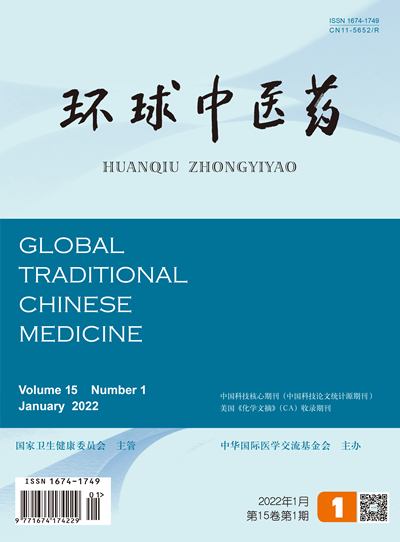Motivational strategies in Chinese language classrooms: A comparative study of novice and experienced teachers
引用次数: 1
Abstract
Abstract Plenty of research in applied linguistics has confirmed that language teachers’ motivational strategies are playing a crucial role in relation to the learning motivation of their students. While previous research on motivational strategies has focused almost exclusively on teaching English as an international language (TESOL), this paper seeks to explore what motivational strategies are used by teachers of Chinese as a second language (CSL), and how their use differs between novice and experienced teachers in the Chinese cultural context in mainland China. The study was carried out in four Beijing universities with 90 novice and 85 experienced CSL teachers. The research instrument was adapted from the classical model developed by Dörnyei, Zoltán, & Kata Csizér. 1998. Ten Commandments for motivating language learners: Results of an empirical study. Language Teaching Research 2(3). 203–229. Participants were asked to rate the motivational strategies in terms of their perceived importance and the frequency by which they implemented them in their teaching practices. Following this, six participants also took part in semi-structured interviews. The findings of the study reveal a significant relationship between teachers’ preferences of motivational strategies and their cultural background, teaching objectives and the teaching contexts. Results also show a remarkable difference in motivational strategies between novice and experienced teachers at both macro and individual levels. The study suggests a few interpretations of the results and several implications for CSL teacher’s professional development based on its findings.语文课堂动机策略:新手教师与资深教师之比较研究
大量的应用语言学研究证实,语言教师的动机策略对学生的学习动机起着至关重要的作用。以往关于动机策略的研究几乎都集中在英语作为国际语言(TESOL)的教学上,而本文试图探讨在中国大陆的中国文化背景下,汉语作为第二语言(CSL)教师使用哪些动机策略,以及新手教师和经验丰富的教师使用动机策略的差异。本研究在北京四所高校进行,90名汉语教学新手和85名汉语教学经验丰富的教师。该研究仪器改编自Dörnyei, Zoltán, & Kata csiz等人开发的经典模型。1998. 激励语言学习者的十诫:一项实证研究结果。语言教学研究2(3)。203 - 229。参与者被要求根据他们认为的重要性和他们在教学实践中实施这些激励策略的频率来评估这些策略。在此之后,六名参与者也参加了半结构化访谈。研究结果表明,教师的动机策略偏好与其文化背景、教学目标和教学情境之间存在显著的关系。结果还显示,新手教师和资深教师在宏观和个人层面上的动机策略存在显著差异。本研究在此基础上提出了对研究结果的一些解释以及对对外汉语教师专业发展的几点启示。
本文章由计算机程序翻译,如有差异,请以英文原文为准。
求助全文
约1分钟内获得全文
求助全文

 求助内容:
求助内容: 应助结果提醒方式:
应助结果提醒方式:


